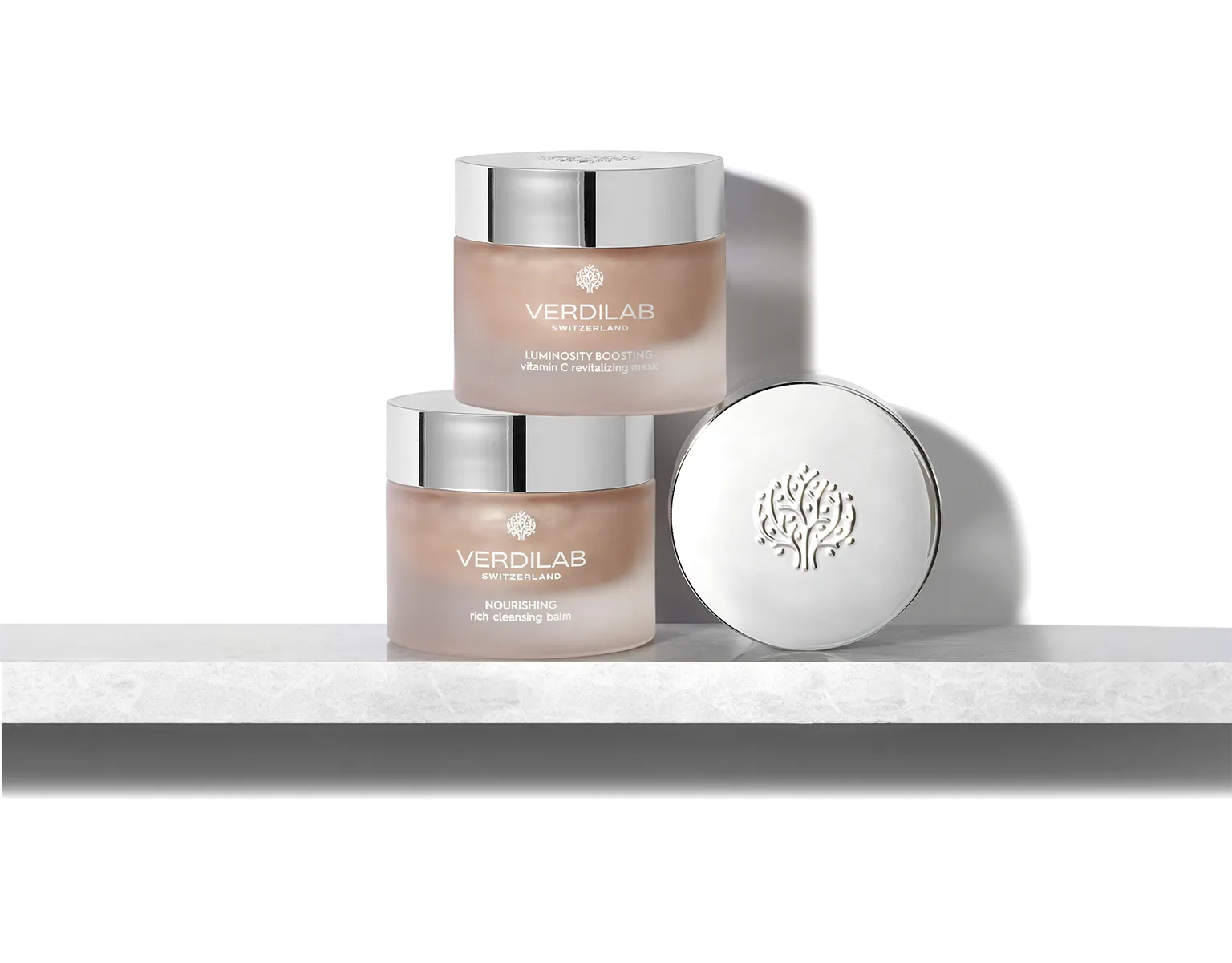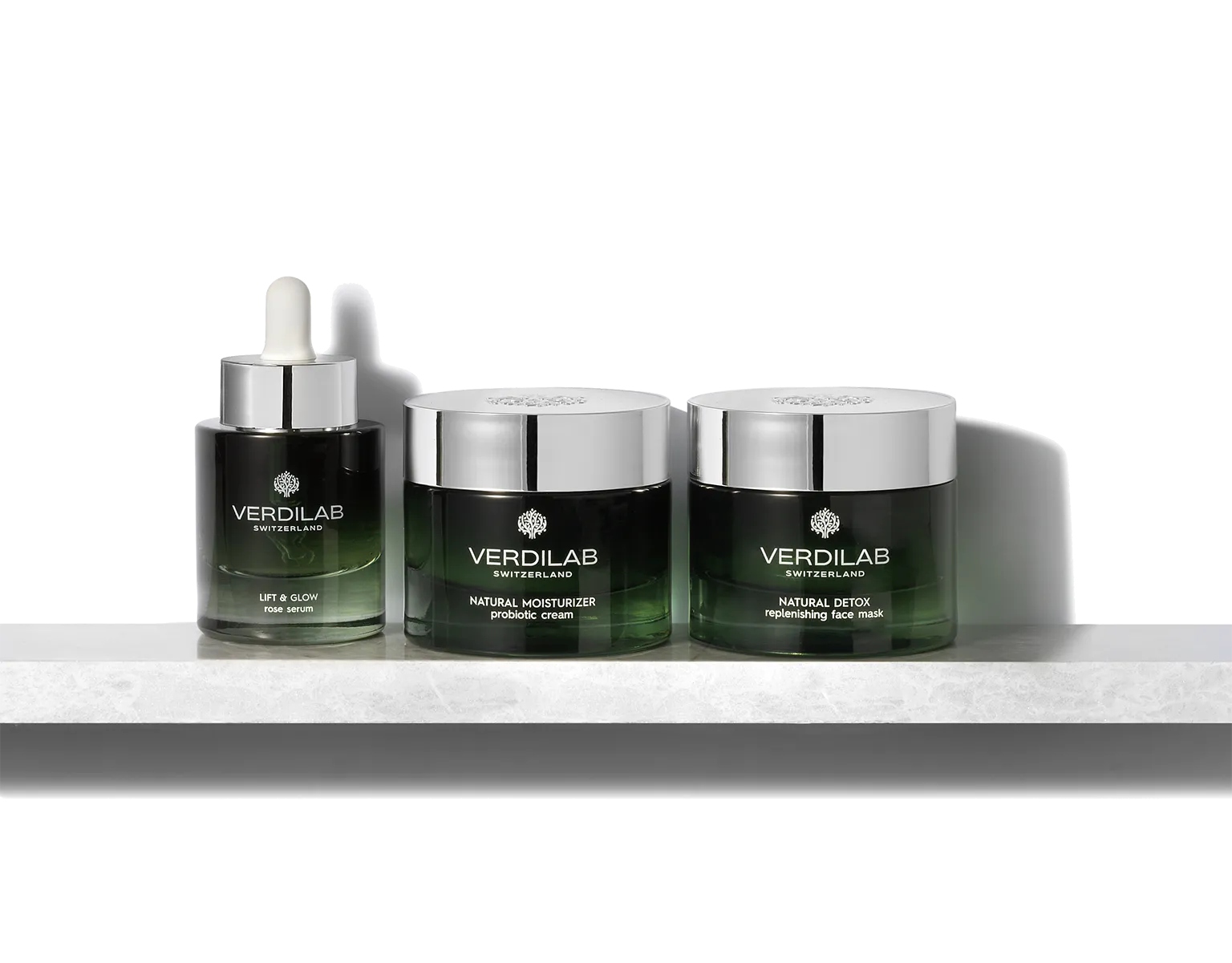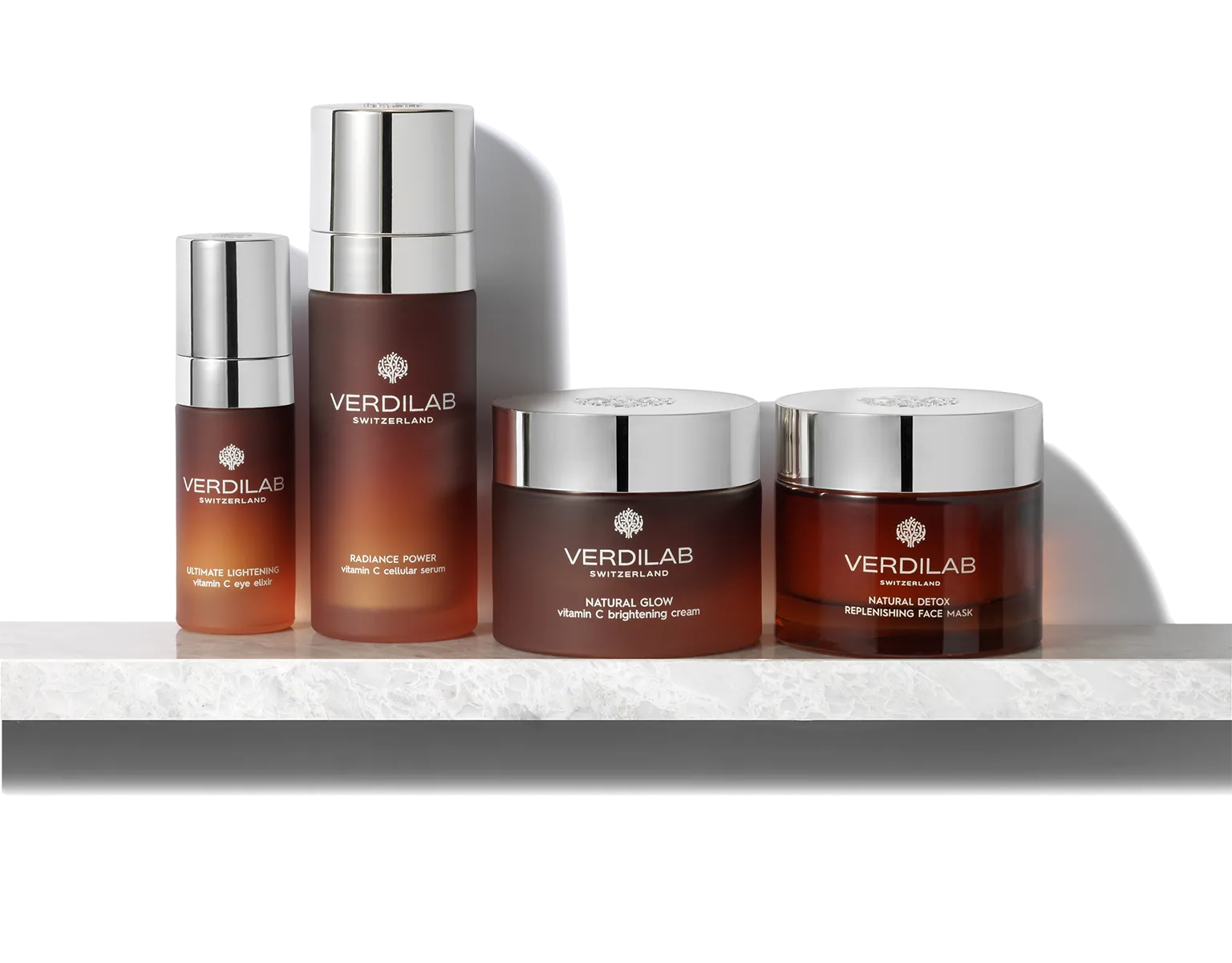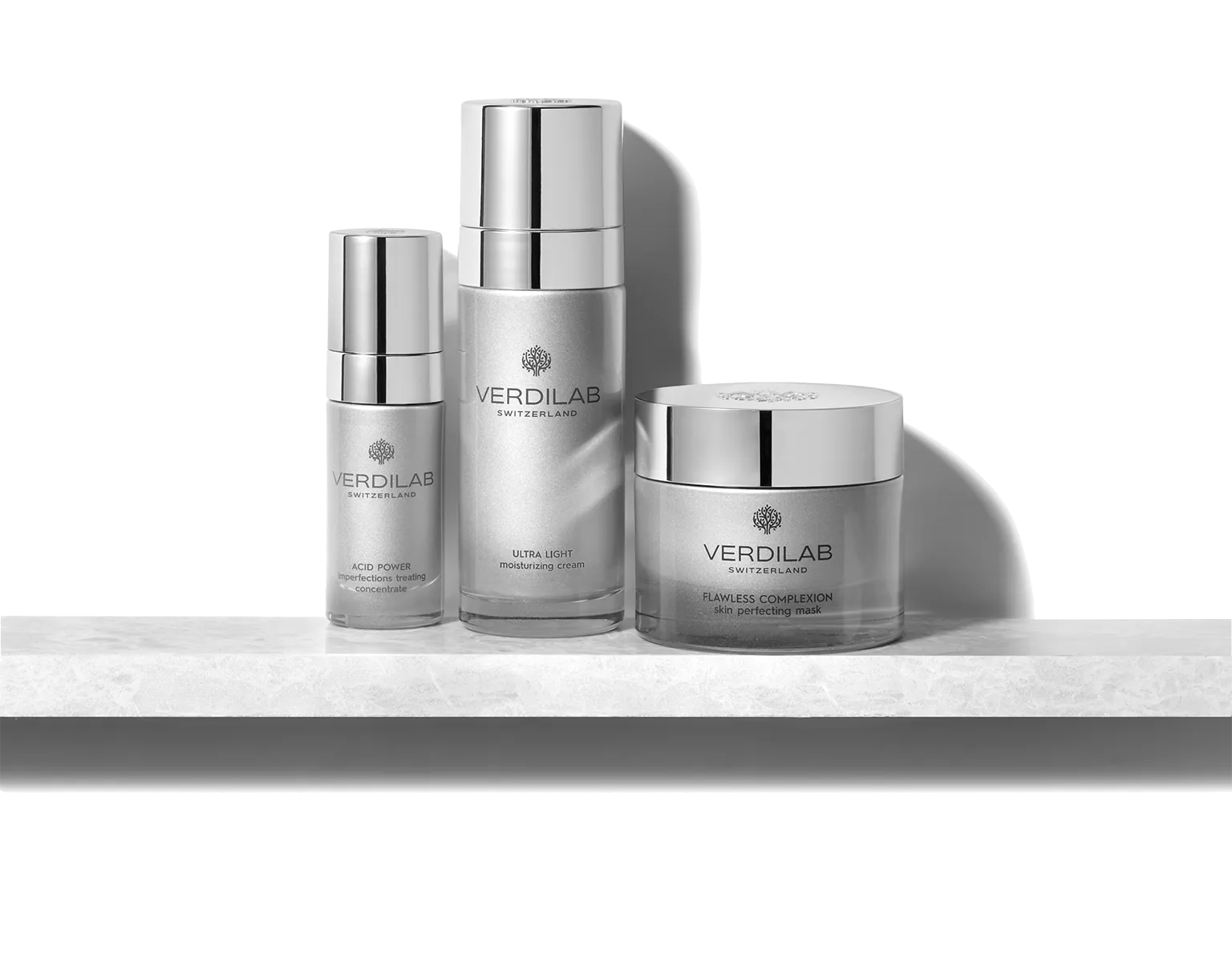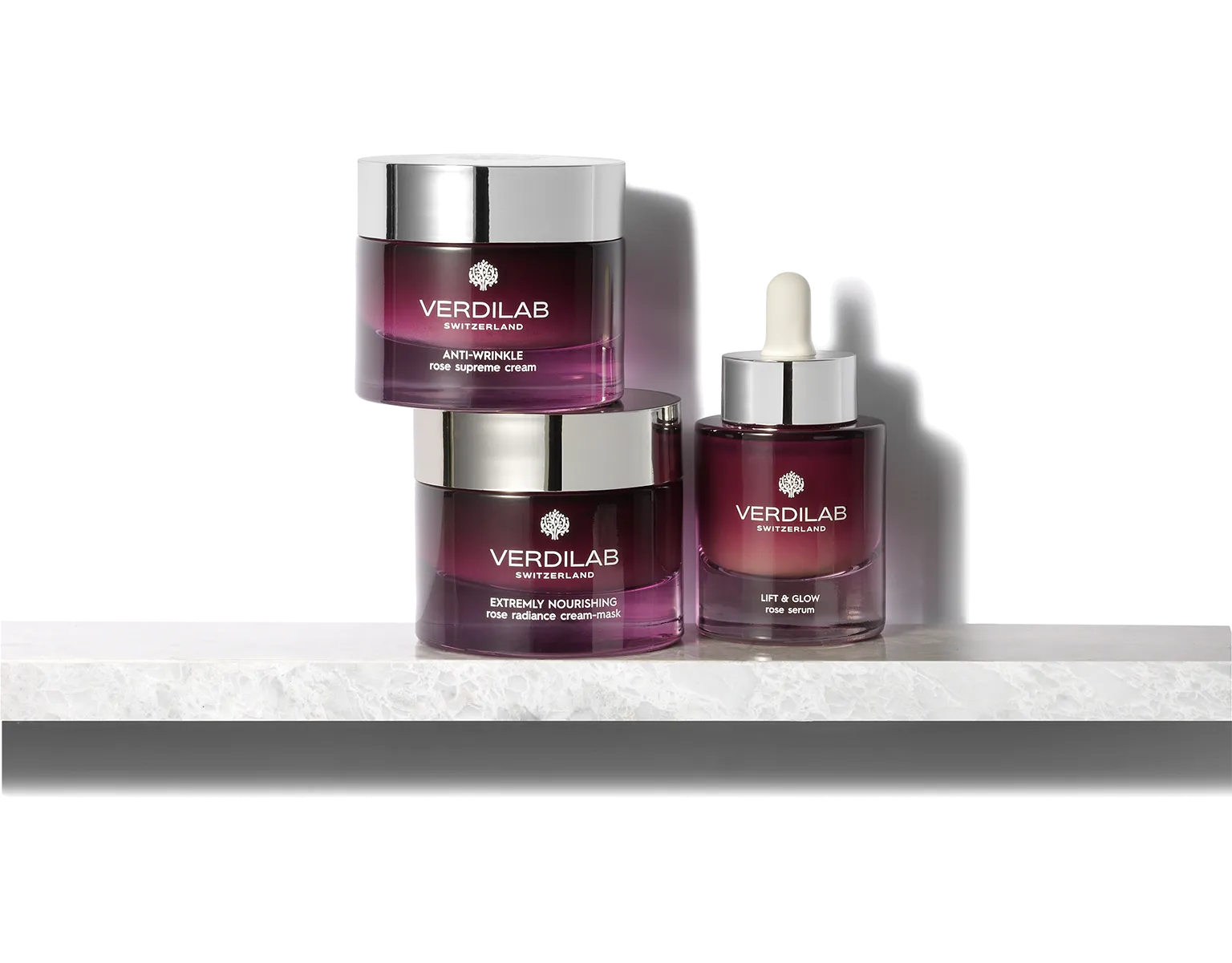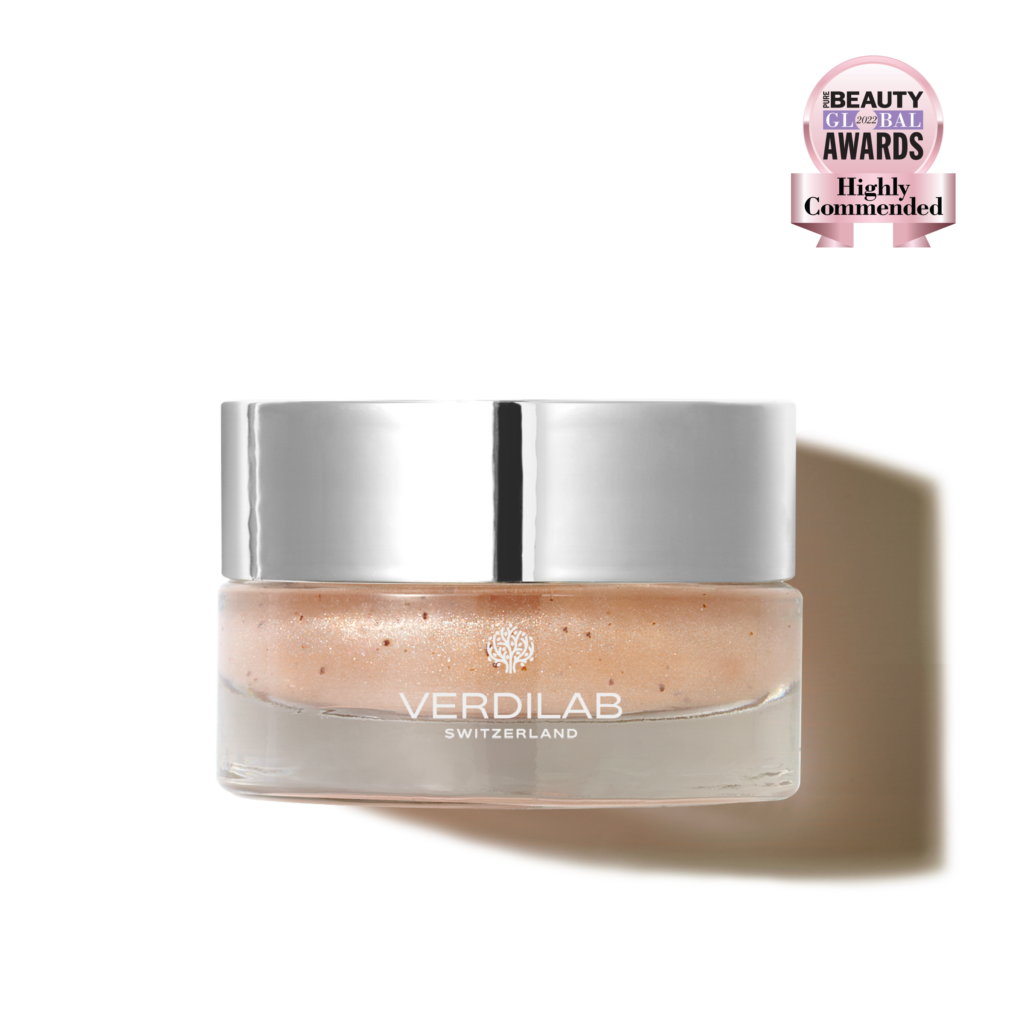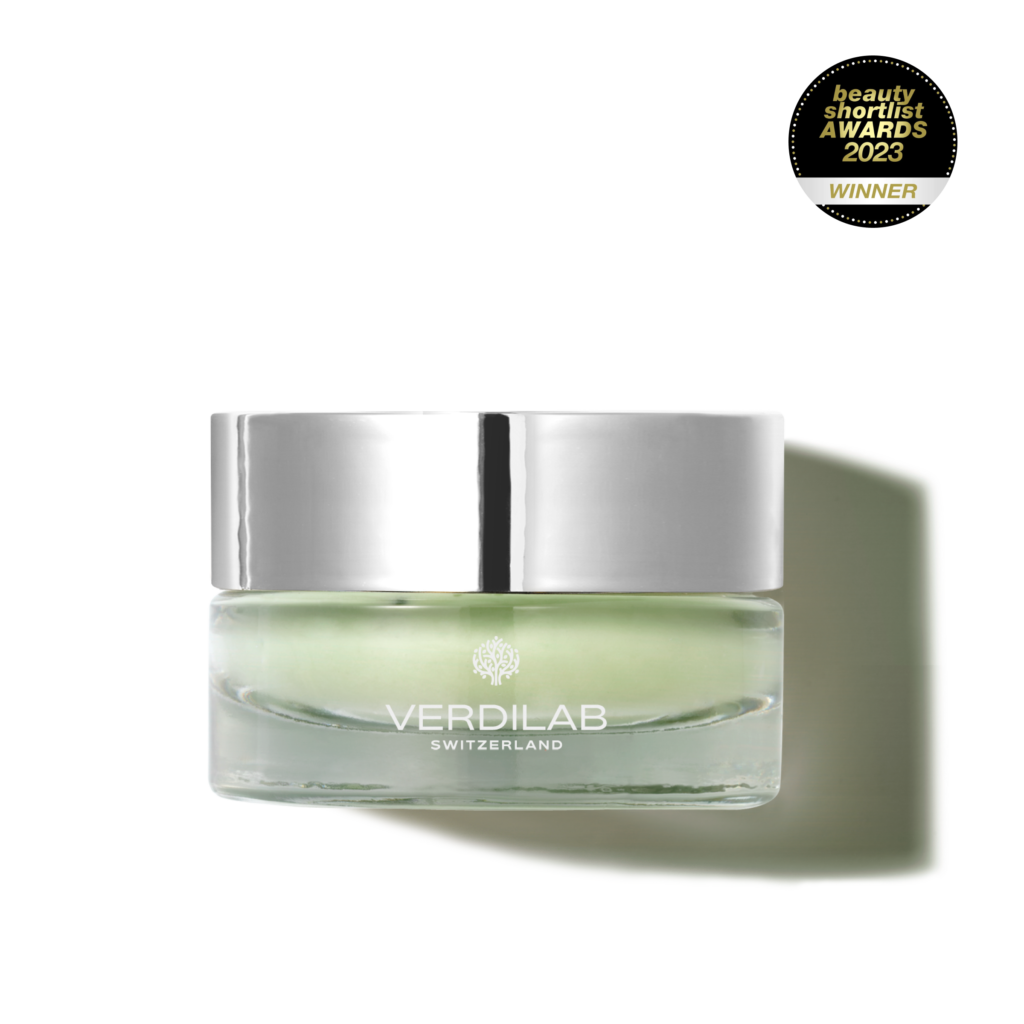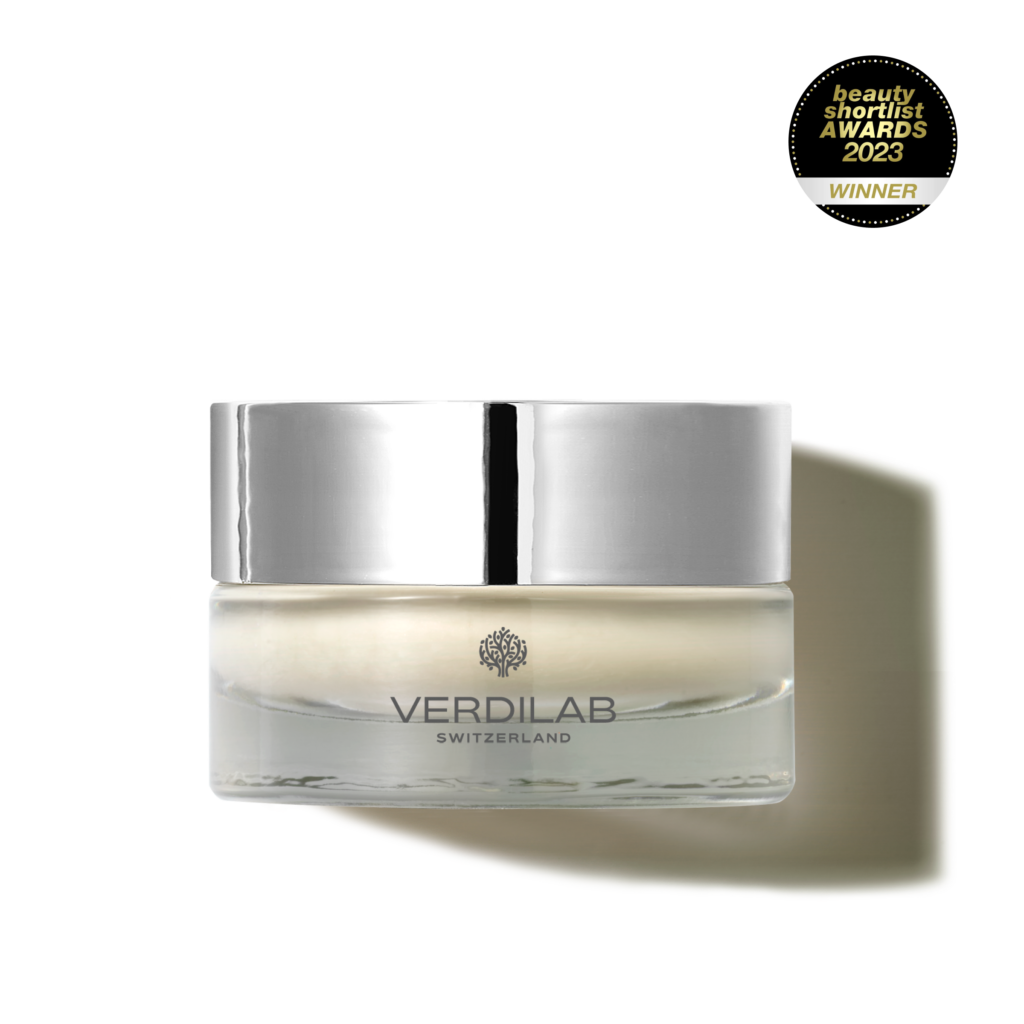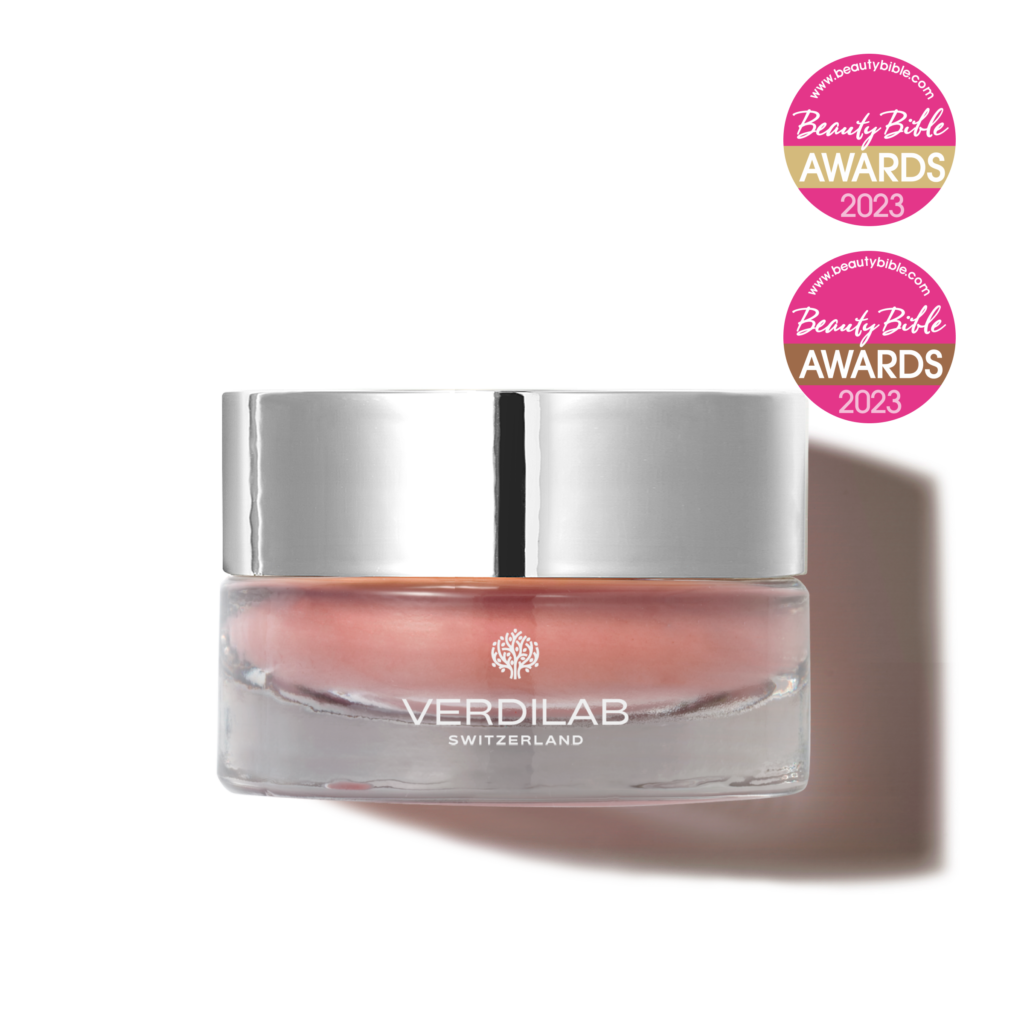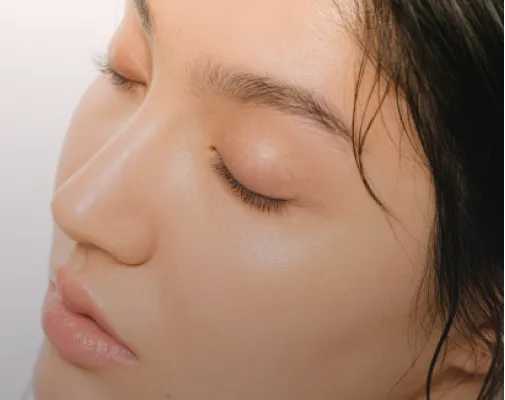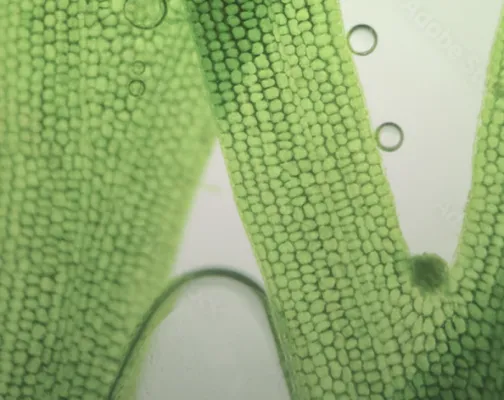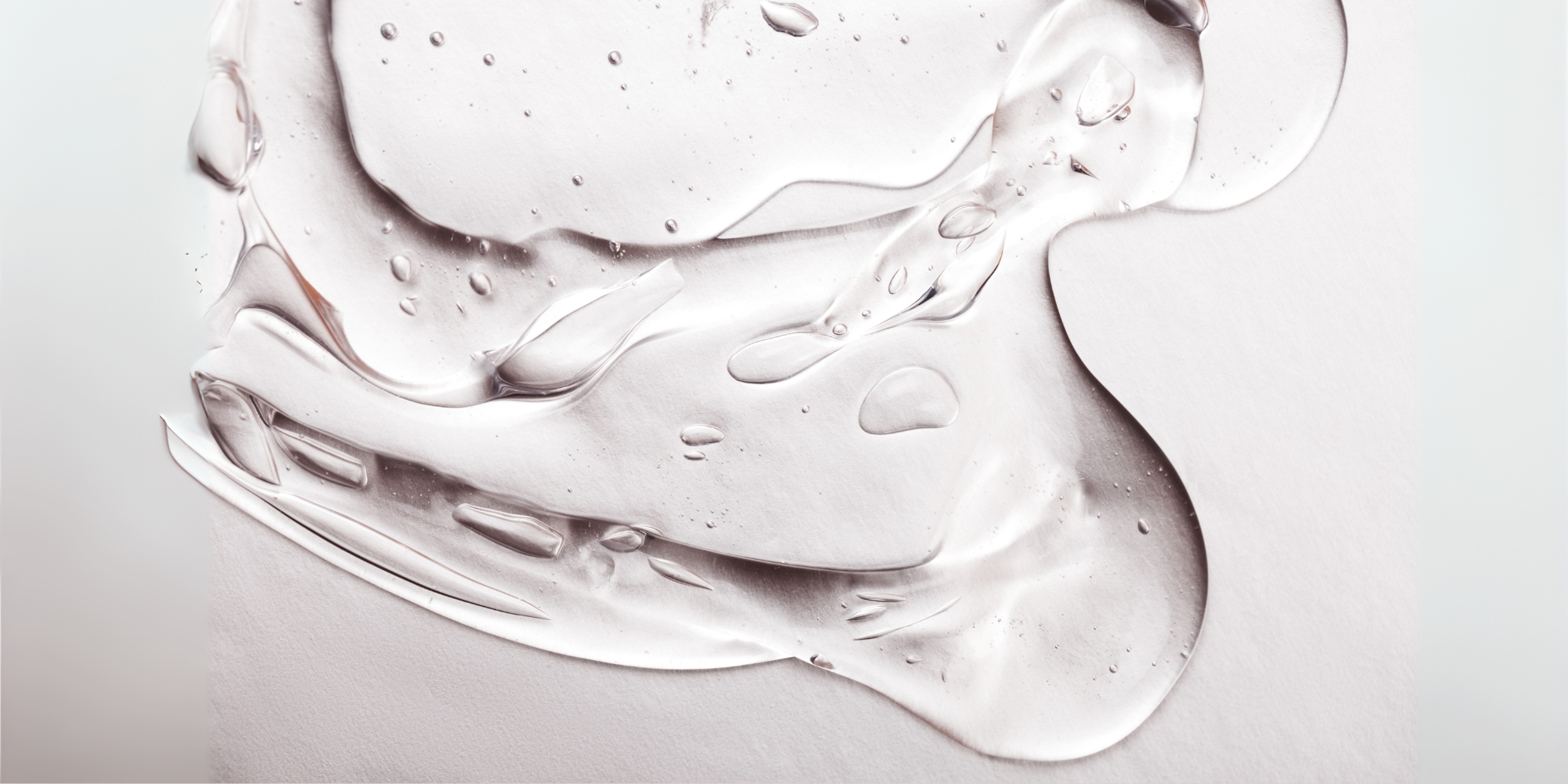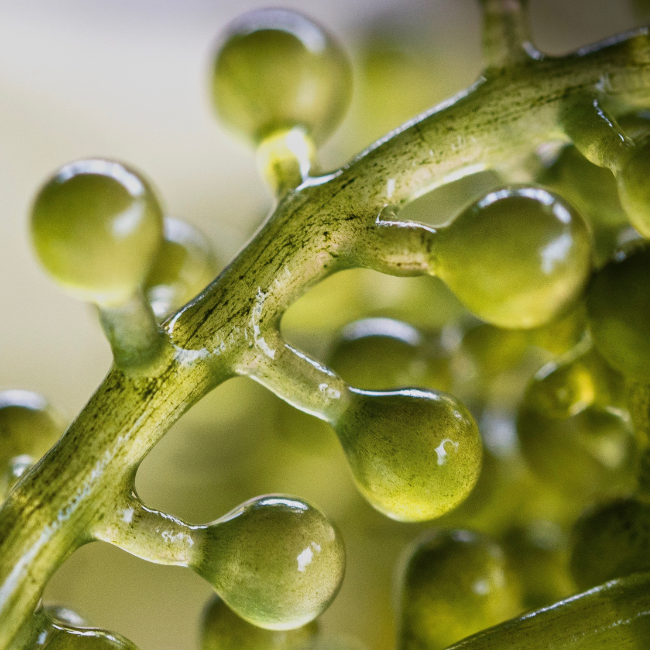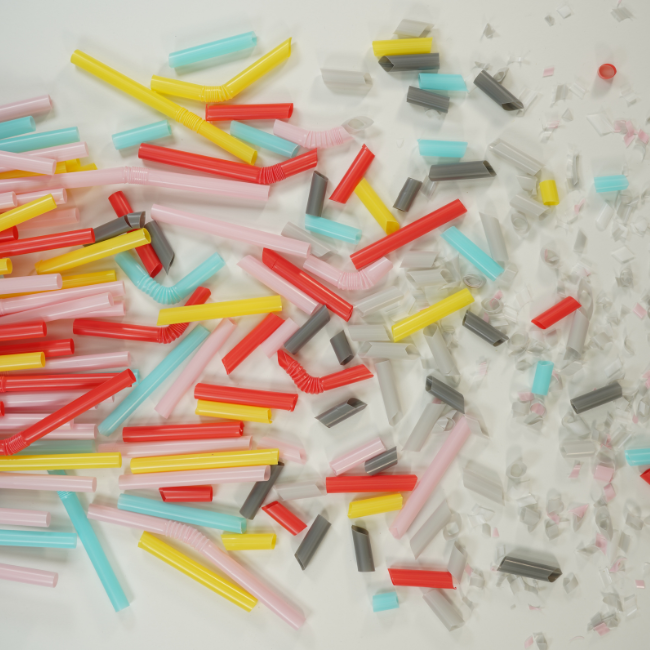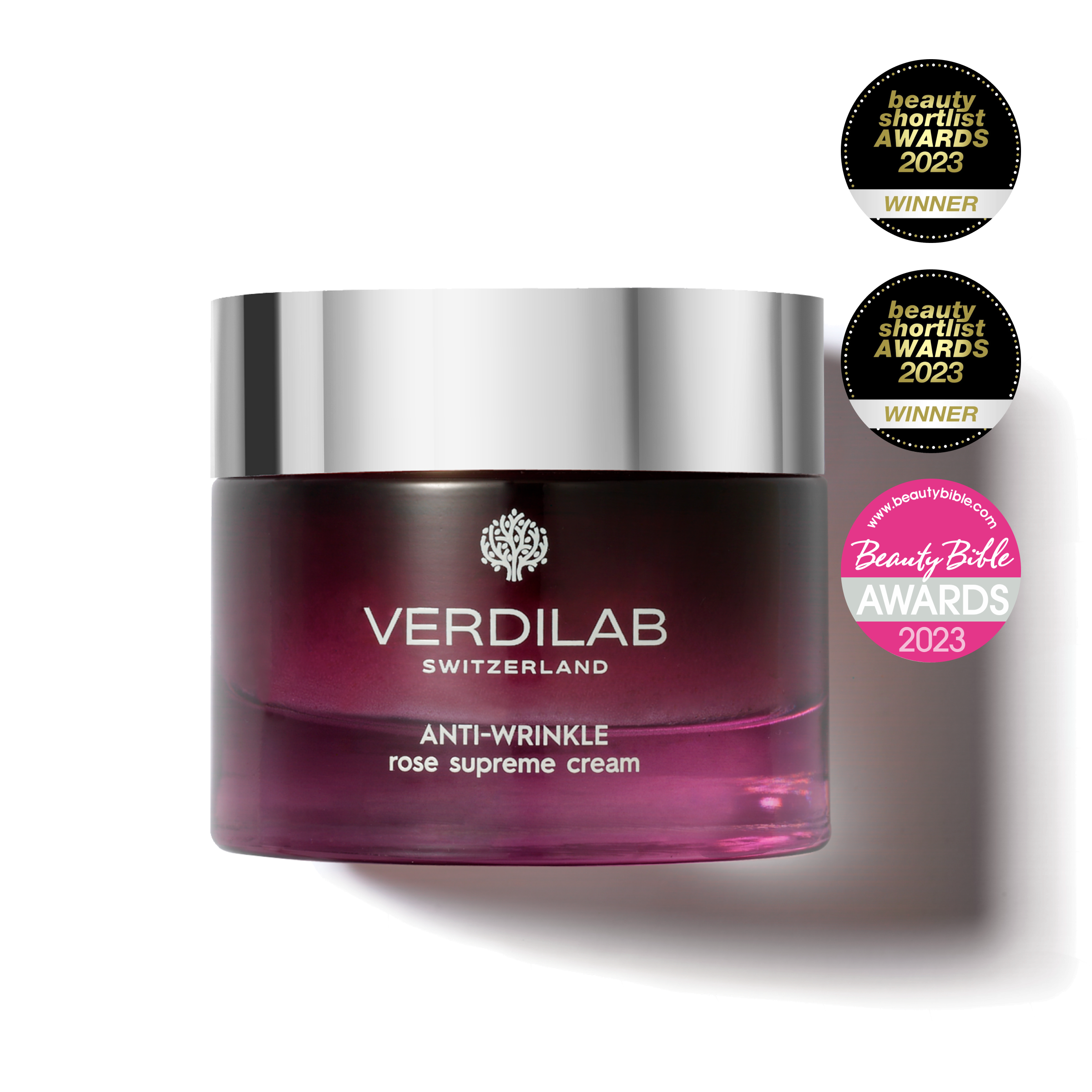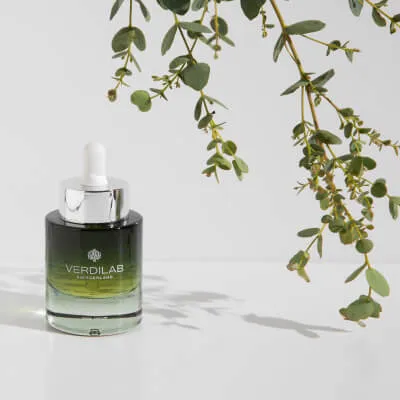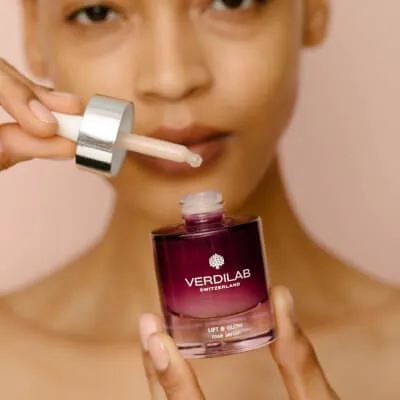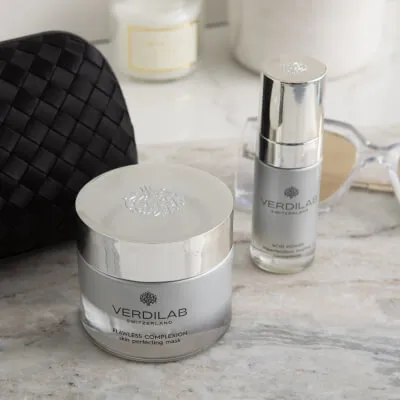When it comes to skincare, two popular ingredients often come up: resveratrol and retinol. Both have unique benefits and play important roles in maintaining healthy skin. However, choosing between them can be tricky. This article will help you understand the differences, benefits, and potential side effects of each, making it easier to decide which one might be best for your skin.
Key Takeaways
- Retinol is known for its strong anti-aging effects and helps improve skin texture.
- Resveratrol is a powerful antioxidant that protects the skin from damage and soothes irritation.
- Both ingredients can be beneficial, but they serve different purposes in skincare routines.
- Consider your skin type and any sensitivities when choosing between them.
- Combining resveratrol and retinol can enhance overall skin health and appearance.
.jpg)
Understanding the Key Differences Between Resveratrol and Retinol
Chemical Composition and Sources
Resveratrol and retinol are both popular ingredients in skincare, but they differ significantly in their chemical makeup and sources. Resveratrol is a natural antioxidant found in plants, particularly in red grapes, berries, and peanuts. In contrast, retinol is a synthetic derivative of vitamin A, widely recognized for its effectiveness in skin treatments.
Mechanisms of Action
The way these compounds work on the skin is also distinct. Retinol promotes cell turnover and stimulates collagen production, leading to smoother and firmer skin. On the other hand, resveratrol primarily acts as an antioxidant, protecting the skin from damage caused by free radicals and environmental stressors.
Common Uses in Skincare
Both ingredients serve different purposes in skincare routines:
- Retinol is commonly used for:
- Reducing fine lines and wrinkles
- Treating acne and blemishes
- Improving skin texture and tone
- Resveratrol is often utilized for:
- Providing antioxidant protection
- Reducing inflammation
- Enhancing skin hydration
| Feature | Resveratrol | Retinol |
|---|---|---|
| Source | Natural (plants) | Synthetic (vitamin A derivative) |
| Primary Function | Antioxidant | Cell turnover and collagen boost |
| Common Uses | Anti-inflammatory, hydration | Anti-aging, acne treatment |
In summary, while both resveratrol and retinol offer unique benefits for skin health, their mechanisms of action and sources set them apart. Understanding these differences can help individuals make informed choices about their skincare routines.
.jpg)
The Benefits of Retinol for Skin Health
Anti-Aging Properties
Retinol is widely recognized as a gold standard in skincare, particularly for its anti-aging effects. It works by increasing cell turnover and stimulating collagen production, which helps to reduce the appearance of fine lines and wrinkles. The following benefits are commonly associated with retinol:
- Reduction in fine lines: Often referred to as laughter lines, retinol helps to smooth these out over time.
- Boosts collagen production: Essential for maintaining skin elasticity and firmness.
- Improves skin texture: Regular use can lead to a more even and refined skin surface.
Effects on Acne and Blemishes
Retinol is also effective in treating acne and blemishes. It helps to unclog pores and reduce the formation of new acne lesions. Key points include:
- Reduces hyperpigmentation: Helps to fade dark spots and even out skin tone.
- Gently resurfaces skin: Promotes a smoother appearance by removing dead skin cells.
- Prevents future breakouts: By keeping pores clear, retinol can help prevent new blemishes from forming.
Enhancing Skin Texture and Tone
The overall texture and tone of the skin can significantly improve with retinol use. This is achieved through:
- Increased cell turnover: Helps to reveal fresher, healthier skin underneath.
- Smoother skin surface: Regular application can lead to a more polished appearance.
- Improved radiance: Users often report a noticeable glow after consistent use.
Retinol is a powerful ingredient that can transform your skin, but it is essential to start with a lower concentration to minimize irritation, especially for beginners.
In summary, retinol offers a multitude of benefits for skin health, making it a valuable addition to any skincare routine. Its ability to combat signs of aging, treat acne, and enhance overall skin texture makes it a versatile and effective ingredient.
The Benefits of Resveratrol for Skin Health
Resveratrol is a powerful antioxidant that offers numerous benefits for skin health. It helps protect the skin from damage caused by environmental stressors. This compound is found in various sources, including red grapes and berries, and is known for its anti-aging properties.
Antioxidant Properties
- Resveratrol acts as a shield against free radicals, which can cause skin aging.
- It supports the skin’s natural repair mechanisms, helping to maintain a youthful appearance.
- This antioxidant is effective in reducing the appearance of dark spots and uneven skin tone.
Anti-Inflammatory Effects
- Resveratrol can calm irritated skin, making it suitable for sensitive skin types.
- It helps reduce redness and inflammation, providing relief for conditions like rosacea.
- This compound also aids in soothing sunburned skin, promoting faster recovery.
Protection Against Environmental Stressors
- Resveratrol protects the skin from UV damage, which is crucial for preventing premature aging.
- It helps inhibit factors that lead to skin discoloration, supporting an even complexion.
- By maintaining collagen levels, resveratrol contributes to skin elasticity and firmness.
Resveratrol is a versatile ingredient that can be easily incorporated into various skincare products, enhancing their effectiveness.
In summary, resveratrol is a valuable addition to any skincare routine, especially for those looking to combat signs of aging and protect their skin from environmental damage. Its unique properties make it a standout choice for maintaining healthy, radiant skin.
.jpg)
Potential Side Effects of Retinol
Skin Irritation and Redness
Retinol is known for its effectiveness, but it can also lead to skin irritation. Many users experience:
- Redness
- Dryness
- Flakiness
These symptoms are often more pronounced in the initial weeks of use, especially for those with sensitive skin. A gradual introduction to retinol can help mitigate these effects.
Increased Sun Sensitivity
Another significant concern is increased sun sensitivity. Retinol can make the skin more vulnerable to UV rays, leading to:
- Higher risk of sunburn
- Potential for long-term skin damage
It is crucial to apply a broad-spectrum sunscreen daily when using retinol products.
Long-Term Use Considerations
While retinol is beneficial, long-term use requires careful monitoring. Some potential issues include:
- Tolerance development, where the skin becomes less responsive to retinol.
- Possible rebound effects, leading to increased acne or irritation after discontinuation.
- Recommendations from dermatologists often suggest cycling retinol use to prevent these issues.
In summary, while retinol is a powerful skincare ingredient, it is essential to be aware of its potential side effects and to use it responsibly.
Potential Side Effects of Resveratrol
Skin Tolerance and Sensitivity
Resveratrol is generally well-tolerated when applied topically. Most users experience minimal irritation, making it suitable for sensitive skin types. However, some individuals may still experience mild reactions, such as:
- Redness
- Itching
- Dryness
Interactions with Other Skincare Ingredients
While resveratrol is a powerful antioxidant, it can interact with certain ingredients. Users should be cautious when combining it with:
- Vitamin C: May reduce effectiveness.
- Retinoids: Can increase irritation.
- Acids: Such as AHAs or BHAs, which may heighten sensitivity.
Long-Term Use Considerations
Long-term use of resveratrol is generally safe, but it is essential to monitor skin reactions. Some studies suggest that prolonged exposure may lead to:
- Decreased effectiveness over time.
- Potential for skin tolerance issues, requiring breaks in usage.
- Increased sensitivity to sunlight, necessitating the use of sunscreen.
Resveratrol is a promising ingredient in skincare, but like any active compound, it is crucial to observe how your skin responds over time. Adjustments may be necessary to maintain skin health and effectiveness.
In summary, while resveratrol offers numerous benefits, users should remain aware of potential side effects and interactions to ensure optimal skin health.
How to Incorporate Retinol into Your Skincare Routine
Choosing the Right Concentration
When starting with retinol, it is crucial to select the appropriate concentration for your skin type. Beginners should consider starting with a lower concentration to minimize irritation. Here are some options:
- 0.25%: Ideal for sensitive skin or first-time users.
- 0.5%: Suitable for those with some experience.
- 1%: Recommended for advanced users who have built tolerance.
Application Tips and Techniques
To effectively apply retinol, follow these steps:
- Cleanse your face with a gentle, non-irritating cleanser to remove impurities and ensure a clean canvas. Avoid using exfoliating products or harsh cleansers.
- Wait for your skin to completely dry before applying retinol. This helps reduce irritation.
- Use a pea-sized amount of retinol and apply it evenly across your face using your fingertips in upward and outward motions. If you are unsure how your skin will react, conduct a test patch on a small area.
- Finish with a moisturizer about 30 minutes after applying retinol to lock in hydration.
- In the morning, always apply a broad-spectrum sunscreen as retinol can increase sun sensitivity.
Combining with Other Skincare Products
When incorporating retinol into your routine, consider the following:
- Avoid using other strong actives like AHAs or BHAs on the same night to prevent irritation.
- If using multiple products, layer them from thinnest to thickest consistency.
- Monitor your skin’s response and adjust the frequency of retinol use accordingly.
Remember: It’s essential to listen to your skin. If irritation occurs, reduce the frequency of application or consult a dermatologist.
By following these guidelines, you can effectively incorporate retinol into your skincare routine, maximizing its benefits while minimizing potential side effects.
.jpg)
How to Incorporate Resveratrol into Your Skincare Routine
Best Practices for Application
To effectively use resveratrol in your skincare routine, consider the following steps:
- Cleanse your skin thoroughly to remove any impurities.
- Apply a resveratrol serum or product, ensuring even coverage.
- Follow up with a moisturizer to lock in hydration.
- Always finish with sunscreen during the day to protect your skin from UV damage.
Combining with Other Antioxidants
Resveratrol works best when paired with other antioxidants. Here are some effective combinations:
- Vitamin C: Enhances the protective effects against environmental stressors.
- Vitamin E: Provides additional moisture and antioxidant benefits.
- Ferulic Acid: Boosts the overall efficacy of the antioxidant properties.
Comparing the Efficacy of Resveratrol and Retinol
Clinical Studies and Research
Research has shown that both resveratrol and retinol have significant benefits for skin health, but they operate through different mechanisms. Retinol, a derivative of vitamin A, is well-documented for its ability to enhance collagen production and improve skin texture. In contrast, resveratrol is recognized for its antioxidant properties, which help protect the skin from environmental stressors.
| Ingredient | Key Benefits | Mechanism of Action |
|---|---|---|
| Retinol | Reduces fine lines, improves texture | Increases cell turnover, boosts collagen |
| Resveratrol | Protects against UV damage, anti-inflammatory | Neutralizes free radicals |

User Testimonials and Reviews
User experiences often highlight the differences in skin tolerance between the two ingredients. Many users report that while retinol can cause irritation, resveratrol is generally better tolerated, making it a suitable option for those with sensitive skin. Here are some common points from user feedback:
- Retinol can lead to redness and peeling, especially in the initial weeks of use.
- Resveratrol is often praised for its soothing effects and minimal side effects.
- Users appreciate the natural aspect of resveratrol, viewing it as a gentler alternative to retinol.
Expert Opinions
Experts in dermatology often recommend a tailored approach based on individual skin types. For instance:
- Sensitive Skin: Resveratrol is preferred due to its low irritant potential.
- Aging Skin: Retinol is often recommended for its proven anti-aging effects.
- Combination Use: Some experts suggest using both ingredients in a regimen, allowing for the benefits of retinol while minimizing irritation with resveratrol.
In conclusion, the choice between resveratrol and retinol should be guided by individual skin needs and tolerance levels. Both ingredients offer unique benefits that can enhance skin health when used appropriately.

Choosing Between Resveratrol and Retinol for Your Skin Type
When deciding between resveratrol and retinol, it’s essential to consider your skin type and specific needs. Both ingredients offer unique benefits, but they may not be suitable for everyone.
Considerations for Sensitive Skin
- Resveratrol is often recommended for those with sensitive skin due to its low irritant potential. It can provide antioxidant protection without causing significant irritation.
- Retinol, while effective, may lead to redness and peeling, especially for those with conditions like rosacea or eczema.
- If you have sensitive skin, consider starting with a lower concentration of retinol or using it less frequently.
Recommendations for Mature Skin
- Retinol is widely recognized for its anti-aging properties, helping to boost collagen production and improve skin texture. It is particularly beneficial for mature skin that shows signs of aging.
- Resveratrol can also be beneficial, offering antioxidant protection and reducing inflammation, making it a good complementary option.
- A combination of both may yield the best results, as they can work synergistically to enhance skin health.
Guidelines for Oily and Acne-Prone Skin
- Retinol is effective in treating acne by promoting cell turnover and preventing clogged pores. It can help reduce breakouts and improve overall skin clarity.
- Resveratrol may also help with acne due to its anti-inflammatory properties, but it is not as potent as retinol in this regard.
- For oily skin, using retinol in conjunction with resveratrol can balance the skin’s oil production while providing additional protection against environmental stressors.
| Skin Type | Best Option | Notes |
|---|---|---|
| Sensitive Skin | Resveratrol | Low irritant potential |
| Mature Skin | Retinol | Boosts collagen, improves texture |
| Oily/Acne-Prone Skin | Retinol + Resveratrol | Combines benefits for clearer skin |
In conclusion, the choice between depends on individual skin needs. Understanding your skin type and concerns will help you make an informed decision.
Combining Resveratrol and Retinol in a Skincare Regimen
Synergistic Effects
Combining resveratrol and retinol can lead to enhanced skin benefits. These two ingredients work together to:
- Boost collagen production
- Improve skin radiance
- Even out skin tone
- Make skin feel more supple and resilient
Layering Techniques
When using both ingredients, consider the following layering techniques:
- Apply retinol first at night to allow it to penetrate deeply.
- Follow with resveratrol to provide antioxidant protection and reduce irritation.
- Use sunscreen during the day to protect your skin from UV damage.
Product Recommendations
For effective results, consider using products that combine both ingredients. Look for formulations that include:
- Retinol for its anti-aging properties
- Resveratrol for its antioxidant benefits
- A moisturizer to keep skin hydrated and balanced
Incorporating both resveratrol and retinol into your skincare routine can maximize benefits while minimizing potential irritation.
Addressing Common Myths About Resveratrol and Retinol
Debunking Misconceptions
Many people believe that resveratrol is less effective than retinol for skin health. However, both ingredients serve unique purposes in skincare. Here are some common myths:
- Myth 1: Resveratrol is only found in red wine.
Fact: It is also present in grapes, berries, and peanuts. - Myth 2: Retinol is the only option for anti-aging.
Fact: Resveratrol offers antioxidant properties that can also combat aging. - Myth 3: Both ingredients can be used interchangeably.
Fact: They have different mechanisms and benefits, making them complementary rather than substitutes.
Clarifying Scientific Evidence
Research indicates that both resveratrol and retinol have significant benefits for skin health. A study published in the Journal of Cosmetic Dermatology highlights that:
- Retinol enhances collagen production and reduces fine lines.
- Resveratrol protects against oxidative stress and inflammation, which are crucial for maintaining skin health.
Understanding Marketing Claims
Many products claim to contain high concentrations of these ingredients, but the effectiveness can vary. It is essential to:
- Check concentrations: Ensure that the product contains effective doses.
- Look for peer-reviewed studies: Verify claims through scientific research.
- Consult professionals: Seek advice from dermatologists for personalized recommendations.
In conclusion, understanding the differences and benefits of resveratrol and retinol can help consumers make informed choices about their skincare routines. Both ingredients can play vital roles in achieving healthy skin, but they should be used appropriately based on individual skin needs.
Many people have questions about resveratrol and retinol, leading to some common misunderstandings. It’s important to clear these up so you can make informed choices for your skin. If you’re curious to learn more about how these ingredients can benefit you, visit our website for expert advice and personalized skincare consultations!
Conclusion
In summary, both resveratrol and retinol offer unique benefits for skin care, especially during menopause. Retinol is well-known for its powerful ability to improve skin texture and reduce signs of aging, making it a popular choice. However, it can cause irritation for some users. On the other hand, resveratrol is a gentler option that provides antioxidant protection and helps soothe sensitive skin. Ultimately, the best choice depends on your skin type and concerns. For many, using both ingredients together can provide the best results, enhancing skin health and appearance. Always consider your skin’s needs and consult with a dermatologist if you’re unsure.
Frequently Asked Questions
What is the main difference between resveratrol and retinol?
Resveratrol is a natural antioxidant found in grapes and berries, while retinol is a form of vitamin A known for its anti-aging effects.
Can I use both resveratrol and retinol together?
Yes, using both can be beneficial. They can work together to improve skin texture and fight signs of aging.
What skin types are best suited for retinol?
Retinol is great for many skin types, but those with sensitive skin should start with lower concentrations.
Are there any side effects of using retinol?
Some common side effects include skin irritation, redness, and increased sensitivity to sunlight.
How does resveratrol help with skin issues?
Resveratrol helps reduce redness, fights free radicals, and can improve overall skin tone.
Is it safe to use resveratrol daily?
Yes, resveratrol is generally safe for daily use and is gentle on the skin.
What is the best time to apply retinol?
Retinol is best applied at night since it can make your skin more sensitive to sunlight.
Can resveratrol lighten dark spots on the skin?
Resveratrol may help reduce pigmentation, but it may not be as effective as other ingredients specifically designed for that purpose.
